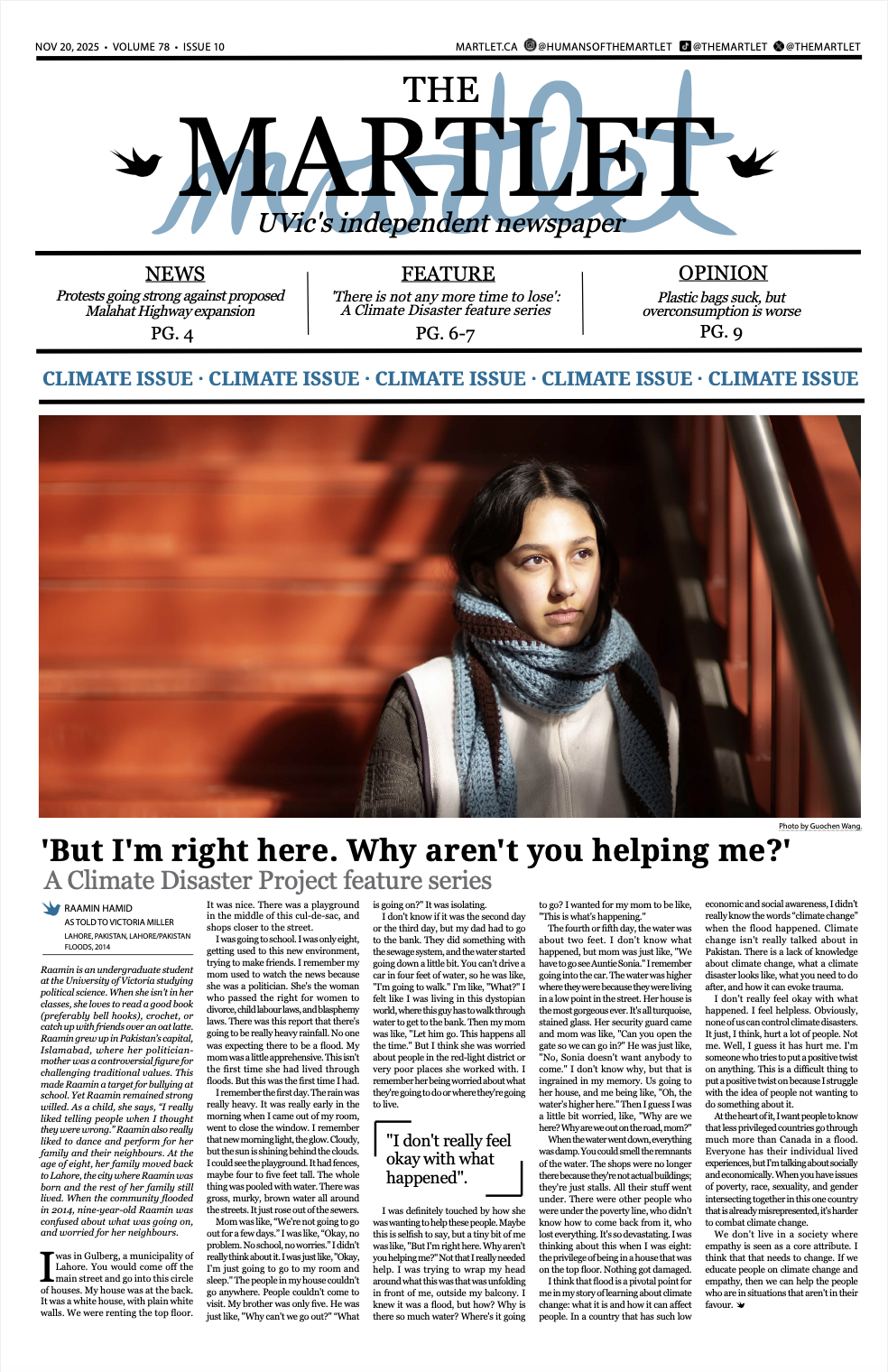Growing up, I read lots of comics, and by “comics,” I mean mainstream, pulp-papered, disposable children’s lit, rarely considered high art and never expected to be. At best, I read children’s books in graphic-novel form. I also read such works as Woody Woodpecker, Wile E. Coyote and anything more entertaining than a cereal box. Reading them now, I realize most comics deserved their mediocre reputation. Some, like Richie Rich and Casper, achieved sub-mediocrity: bland art, bland stories, insipid dialogue and annoying characters who are also bland and insipid.
It’s striking, then, when you discover a comic is better than you remembered it. Revisiting Tintin at age 15, I found I enjoyed it even more than when I was eight. I revisited it yet again at 22, and was amazed.
Barring manga and many current superhero comics (these being works not ostensibly directed at children), and also skipping newspaper strips, I think there exist only a handful of comics (or children’s graphic novels) that rise to brilliance. Here are the best I’ve found, beginning with Tintin.
Taken straight as adventure novels, Hergé’s stories are epic, if morally simplistic. Tintin villains are one-dimensional, uttering such curses as “By Lucifer!” when they are angry. Less obviously, the books are quietly hilarious. They are deceptively simple, deceptive in that they present themselves as more straightforward than they are. The novels abound with layers of symbols, self-commentaries, references to the author’s life. Even Tintin’s apparently blank personality is an interesting puzzle.
Asterix, Europe’s second-most famous comic, written by René Goscinny and illustrated by Albert Uderzo, is Tintin’s polar opposite. The characters are large-eyed and Disneyesque and constantly shouting. Asterix is loud and close. Tintin is all minimalist outlines and opaque fills, faces undetailed and expressions and dialogue alike muted and distant. Yet the personalities and dialogue in Tintin feel richer and more real than in Asterix. Some Tintin characters, like Captain Haddock, feel more vibrant than most characters anywhere. Tintin dialogue serves to advance the plot, but has a quiet colourfulness that feels alive, if far away and barely audible.
There are only a couple comics with dialogue comparable to this. One such comic is Archie. Yes, Archie. Archie stories are an endless looping of tropes. The characters never accomplish much, and in many stories they literally do nothing at all except follow a tangential conversation from nowhere to anywhere. But this reliance on dialogue brings the focus more intensely on the characters’ voices. While the characters may not inspire psychological questions, their voices feel alive, if only because we sense the obvious creativity of the writer. The best of these stories were written by Frank Doyle, and are recognizable by their inane absurdity. One such story has Jughead telling Betty about his uncle who ate an entire jar of peanut butter. A few seconds later, Jughead is kidnapped by men in blue robes who want his hat. The story is wall-to-wall speech-balloon text. Doyle’s stories have an insane amount of dialogue, most of it pointless but never dull.
The greatest comic-book dialogue I have ever seen was written by Carl Barks, creator of Uncle Scrooge and writer/illustrator of Donald Duck comics. It’s difficult to describe what is special about this dialogue. It’s entertaining, but not more so than the others I’ve mentioned. It has very exuberant wordplay, but so does Asterix. It’s less absurd than Archie. It’s funny, but probably less so than the others. Of these, the dialogue of Tintin feels the most real, as though it belongs to living people, and yet it is so economical and minimalistic it feels far away, beyond arm’s length. The others feel closer, but less genuine, more a product of clever writing than a naturally emerging speech. The dialogue in Barks’s duck comics feels both completely organic and incredibly close.
The best I can think to describe it is that you can almost hear the characters breathing. In one story, Donald’s nephews are camped out in the desert without food or water. “I’m hungry,” moans one. “Me too!” snaps the next. “Shall we trot over to the Brown Derby for dinner?” “Try eatin’ grass,” says the third sardonically, “or are you finicky?” It’s not profound or even very quotable, but it makes us feel like we’re right beside them.
In effect, my developmental clay was shaped by a retired alcoholic sailor, violent Gaulish men, aimless teens and, most of all, talking ducks.
Wisdom cares not where you find it.








